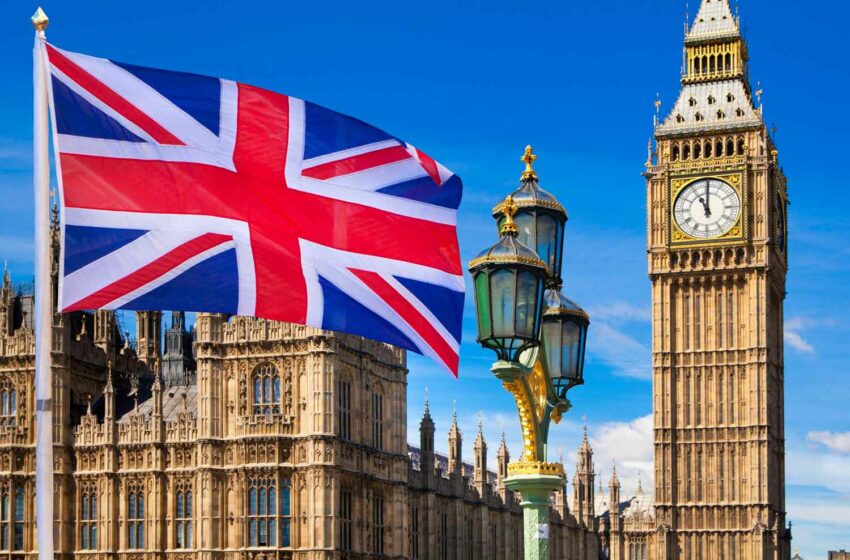
A county judge in Ohio issued a temporary restraining order late Friday afternoon, stopping a state law from taking effect next week that would prevent Columbus, several Franklin County suburbs, Cincinnati, and other Ohio cities from regulating tobacco products, including enacting flavor bans.
The ruling means the local cities’ bans on selling flavored vaping and other tobacco products will remain in effect for now, according to media reports. However, the move indicates that Franklin County Common Pleas Judge Mark Serrott believes the cities’ case will likely succeed.
Serrott scheduled a preliminary injunction hearing in the case for May 17.
Columbus, Cincinnati, and several other Ohio cities filed a lawsuit Tuesday challenging the law created by the Republican-controlled Ohio General Assembly. The cities argue the legislature violated an Ohio constitutional amendment giving cities “home rule” to set their own laws for the good of their residents on certain matters, including on issues of public safety.
The cities argue the new Ohio law allowing flavored tobacco sales negatively affects the health of Ohioans, particularly of teens increasingly turning to vaping.
Serrott also noted that while one state law prohibits municipalities from regulating tobacco, another requires a plan to reduce tobacco use by Ohioans. That code emphasizes reducing the use of tobacco by “youth, minority and regional populations, pregnant women, Medicaid recipients, and others who may be disproportionately affected by the use of tobacco.”
In granting the restraining order, Serrott concluded the cities’ challenge to the constitutionality of the state law is likely to succeed ultimately — although he also acknowledged the state is expected to appeal his final ruling.


















